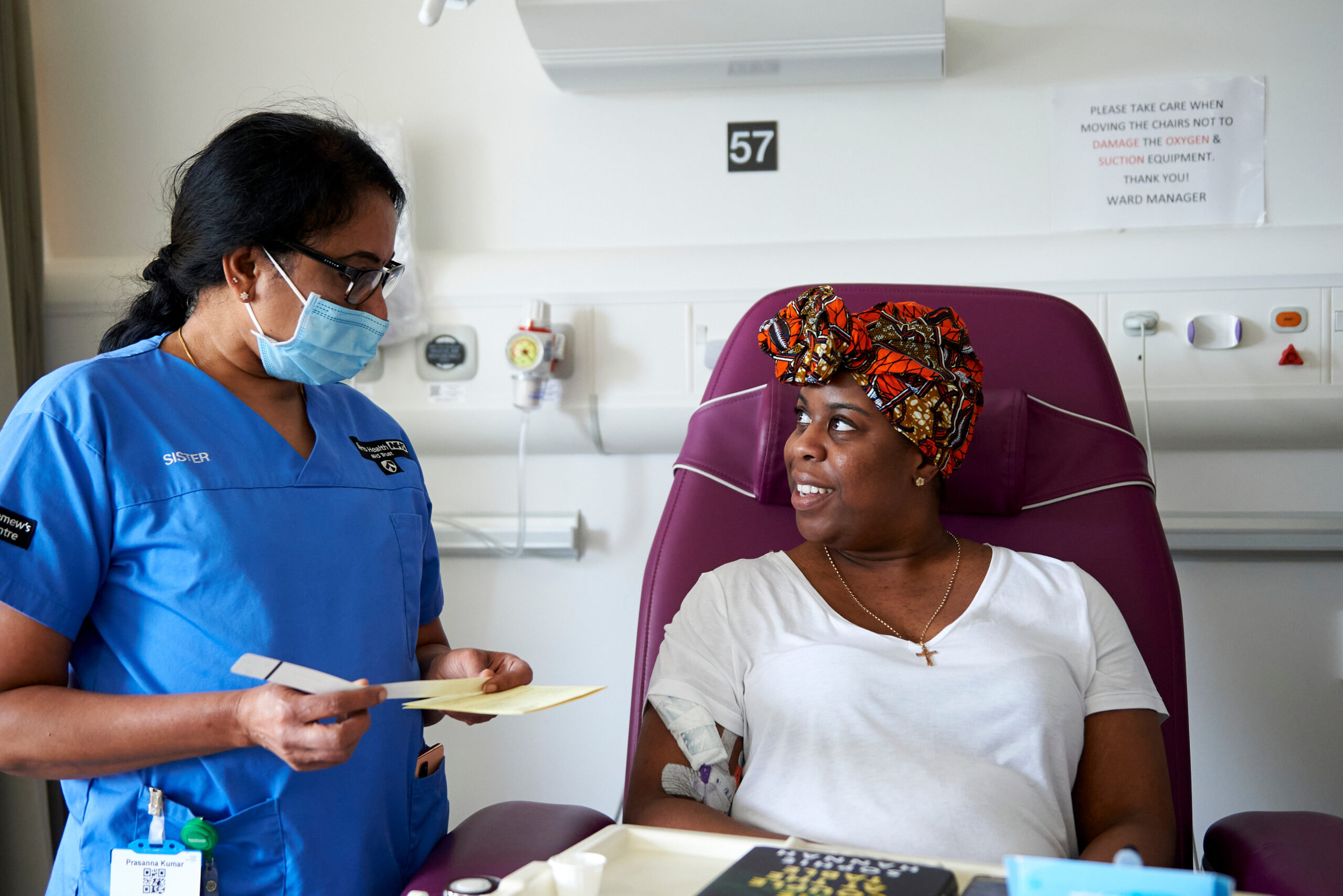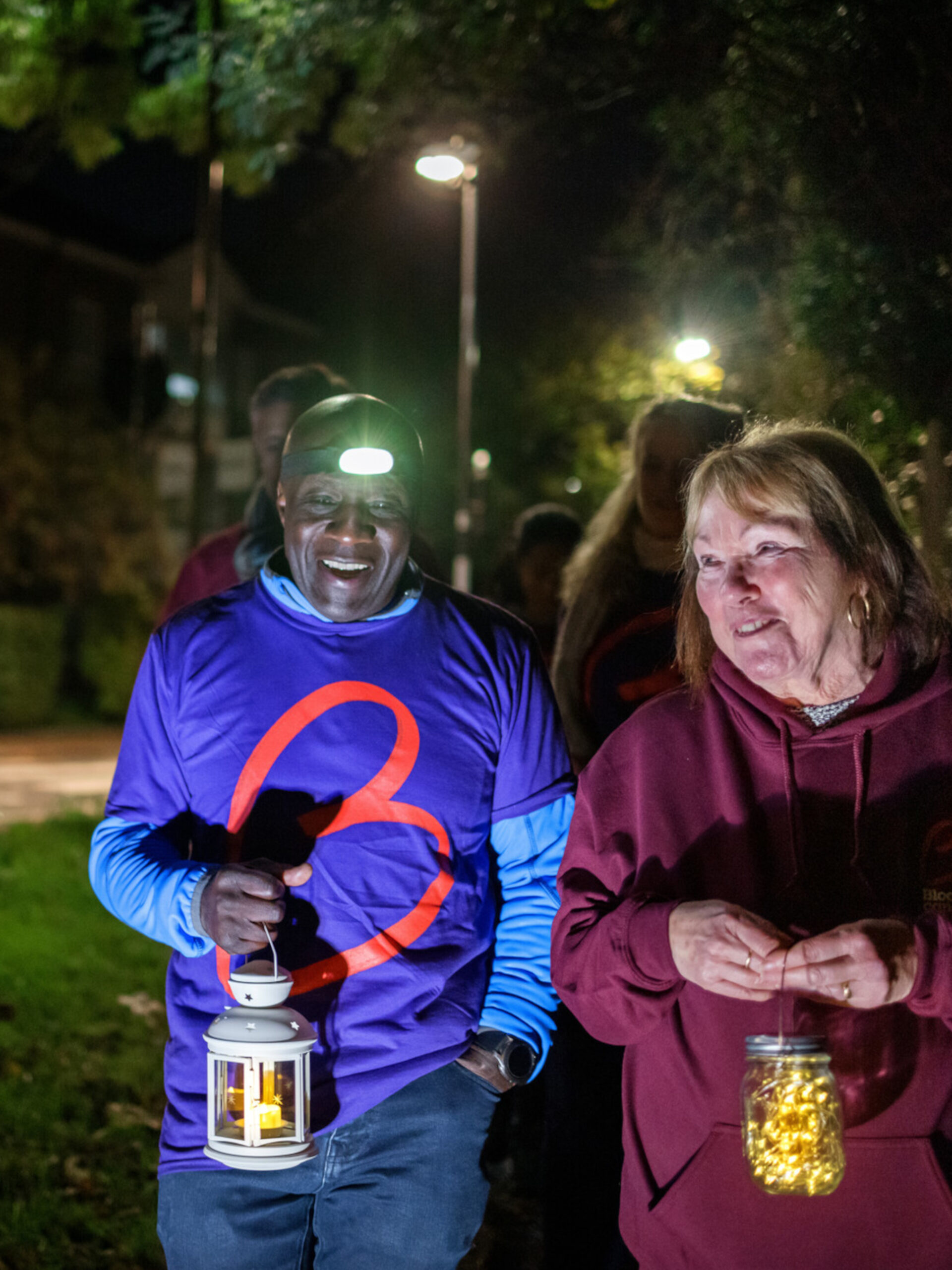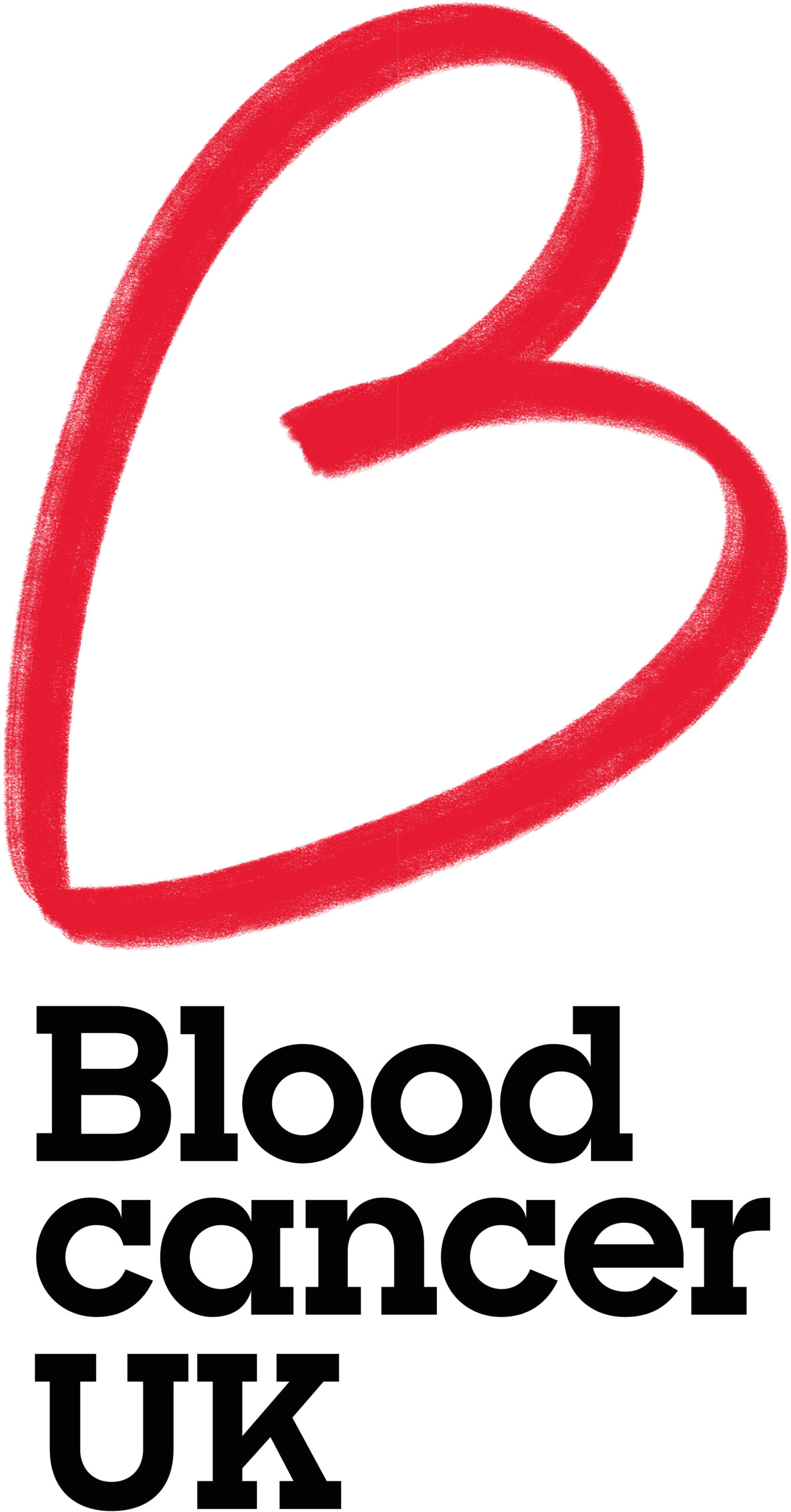

Equality, Diversity and Inclusion
Our commitment to equality and diversity
Blood Cancer UK’s mission is to beat blood cancer. We will not succeed in our ambition unless we beat blood cancer for everyone and address inequalities in treatments, experience and outcomes.
Blood cancer does not discriminate. It can affect anybody – whatever their age, skin colour or race, social background, disability, sex or sexual orientation. Yet, these factors can also affect a patient’s experience of care, and even their clinical outcome.
We are committed to using our voice and influence as an organisation to tackle inequalities, and to actively promoting equality, diversity and inclusivity.
Inclusion starts from within the organisation. We want to create a welcoming and supportive community for everyone affected by blood cancer including all of our staff, volunteers and Board at Blood Cancer UK.
In 2020, in the wake of the murder of George Floyd and the racial inequalities exposed by Covid-19, we committed to do more to address racial injustice and inequalities in blood cancer, healthcare and society and made a commitment to antiracism. This sits alongside our broader commitment to equality, diversity and inclusion (ED&I), central to our mission of beating blood cancer within a generation.
Our strategy relates to all areas of the organisation:
- Beating blood cancer for everyone – addressing inequalities in blood cancer through our research investment, our policy influencing and campaigning and ensuring our service provision meets the widest range of needs
- Our Blood Cancer UK family – ensuring that our fundraising networks and supporters reflect the diversity of those affected by blood cancer
- Becoming an inclusive organisation – ensuring that as an organisation, our team reflects the blood cancer community, and that we create an inclusive culture where everyone can progress and thrive, and has a sense of belonging
ED&I sit at the core of our values as an organisation and we are committed to continue to integrate ED&I into all we do, whether this is research, support and campaigning priorities, ensuring our fundraising and engagement materials and our employees and volunteers better reflect the diversity of the blood cancer community or developing our people to enable them to recognise and address ED&I priorities.
As an organisation we value continuous improvement and know that our work on ED&I will never be complete. We commit to continually hold ourselves to the highest standards of ED&I and challenge ourselves to do better to ensure we are here to support everyone in the blood cancer community regardless of background or identity.
How we are applying ED&I principles for this recruitment campaign
Process:
Candidates from all backgrounds are genuinely welcomed and actively encouraged. We are also committed to working with all individuals to ensure there are no unhelpful barriers. For example we will:
- Publish all key dates and confirm the full process set out.
- Anticipated time commitment and the physical practicalities of the role will be clear so that candidates know what is expected.
- Offer individual time to talk through applications beforehand with potential candidates. Applicants who feel that they match a lot of the criteria but not all will be able to talk through any questions or uncertainties.
- Explore at the outset any reasonable adjustments that would need to be made as part of the process and if appointed, including child care and personal commitments.
- Offer alternative applications including video submissions.
- Be available to talk on the phone, Teams, Zoom, email and messenger apps.
The panel:
- We will ensure that the panel will cover a diverse range of backgrounds and experiences and make sure they are consistent throughout, from longlisting to final panel.
- The panel will also be available pre application for an online session to answer any questions from potential candidates. This will help ensure all candidates have the same information.
Longlist interviews:
- All interviews will take place with the same consultant to ensure consistency of approach.
- Questions will be made available in advance.
- All long list interviews will be virtual and using a communication method that candidates are the most comfortable with.
- Interviews will accommodate existing personal commitments and can take place out of traditional working hours.
- All candidates will be told the outcome of the final interview within 48 hours and for those that are not successful time will be offered with the consultant to go through feedback in detail.
Final panel:
- Interview will take place in person in London with all expenses paid for.
- The venue will be fully accessible to meet all individual needs.
- Good lighting will be available.
- Questions will be made available in advance.
- Full information on the panel will be provided.
- The consultant will talk through individually with clients what to expect on the day and what the panel are looking for.
Communicating the outcome
- All candidates will be told the outcome of the final interview within 48 hours and for those that are not successful time will be offered with the consultant to go through feedback in detail.

Liz Dean-Stevens
Senior Consultant – Not for Profit Practice

Emily Nevins
Partner – Not for Profit Practice
Our approach
We are actively trying to increase the diversity of our staff and volunteer teams. We try to reduce as many barriers as we can for those with a disability. Below are some examples of how we try to do this automatically.
We know that everyone is an individual, so please always tell us what we can do to support you. Here is what we will always do:
- share interview questions with you in advance
- ensure our panel have good light in the room they are in
- let you know who you will meet at your interview
- offer a familiarity session on Teams software if you have not used this before
Our brand and our recruitment system (Pinpoint) meet double A accessibility standards.
We welcome approaches from individuals from underrepresented groups, including those from minoritised communities, and those with a disability, to better reflect the community we serve and help broaden our perspectives.
Examples of how we support
Hearing impairment
We share interview questions in advance, we can use sub-titles on Teams, we will ensure our panel have good light in the room they are in, we will not use screen sharing as this makes the individual windows smaller
Sight impairment
If you use a screen reader, we can offer an interview on Zoom if this is more compatible with your software. If applying in another way would be easier, we are open to effective ways to do- for example you might want to record your application
Stammer/stutter
We can add more time to your interview so that you are not time pressured
Neurodiversity
We ensure interviews are in quiet spaces without distractions. If you require additional time for the interview, we can add this
Mobility impairment
There is no requirement to come to one of our offices for interview, or to be offered a role with us
Mental health
We will be as flexible with our timings as we can to accommodate you, and we can offer additional time for your interview
Cancer, including blood cancer
We will be as flexible with our timings as we can to accommodate you
Photosensitive epilepsy/absence seizures
We’ll adjust our process to support you, so for example the interview could be on Teams but without cameras on so you don’t need to look at the screen, or via telephone conferencing
Disability Confident Scheme
Blood Cancer UK is a Disability Confident Employer, which means that we seek to provide a workspace which supports the needs of people with disabilities and support the government scheme that promotes the benefits of recruiting and retaining people with disabilities.
